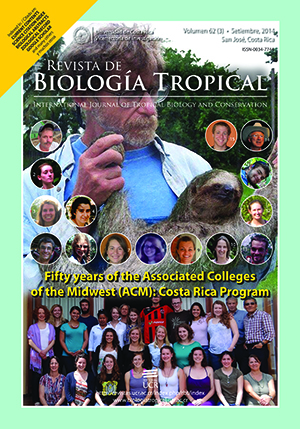Abstract
Several sperm parameters have been employed as useful tools to evaluate fish fertility. Within teleosts, approximately 3% of fish species are known to be viviparous. The Order Cyprinodontiformes includes several species with internal fertilization, and within this group most of the studies about sperm quality have been mainly focused on the Poeciliidae family. The livebearing fish Jenynsia multidentata (Anablepidae) inhabits an extensive area of the Neotropical region and it has been used as a useful fish laboratory model to evaluate the effects of xenobiotics through different biomarkers. The present work characterized the sperm of this species through a simple protocol of semen collection. Sperm population showed linearity greater than 89% and 70% of fish have a straight line and curvilinear velocity valued between 50 and 100mm/s. Although 85% of individuals showed a proportion of live sperm higher than 60%, the male population had a high degree of heterogeneity in its sperm count. Morphometry analyses showed a total sperm and head lengths of 46.66±2.06mm and 3.46±0.41mm, respectively. A rather long midpiece region (9.12±0.65mm) was registered, which may indicate high energy-producing capabilities of the spermatozoa. This study established basic parameter values which could be useful for evaluating reproductive potential of J. multidentata populations.
This work is licensed under a Creative Commons Attribution 4.0 International License.
Copyright (c) 2014 Revista de Biología Tropical
Downloads
Download data is not yet available.

